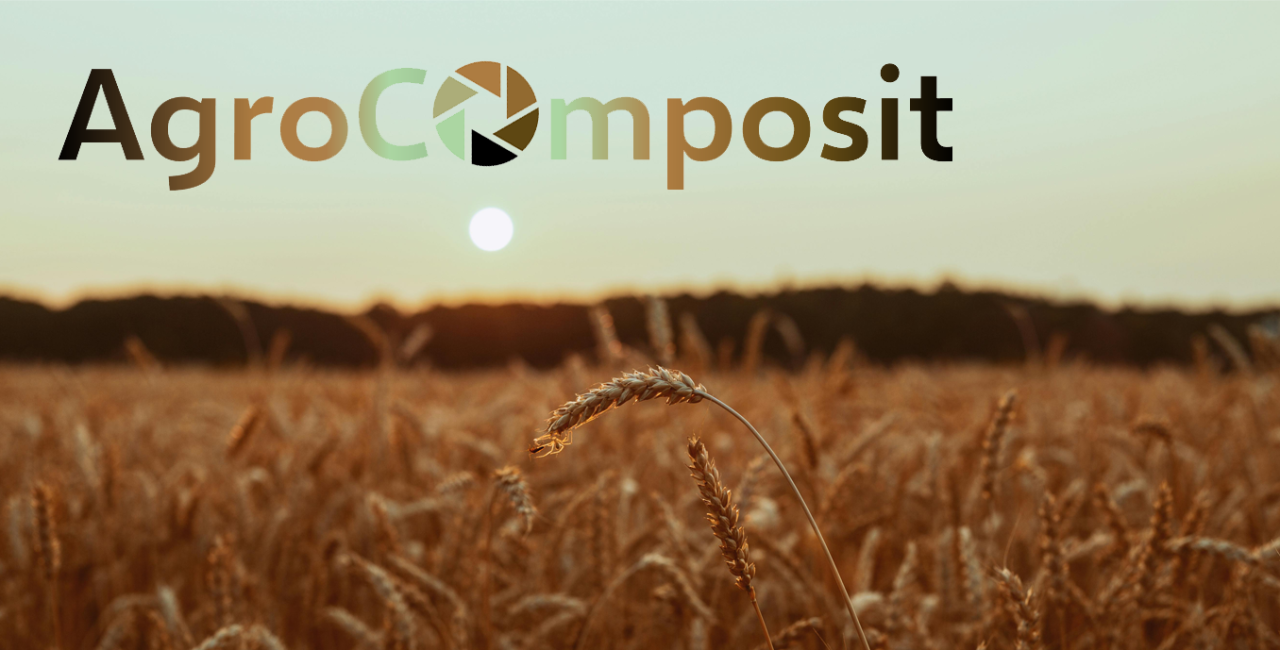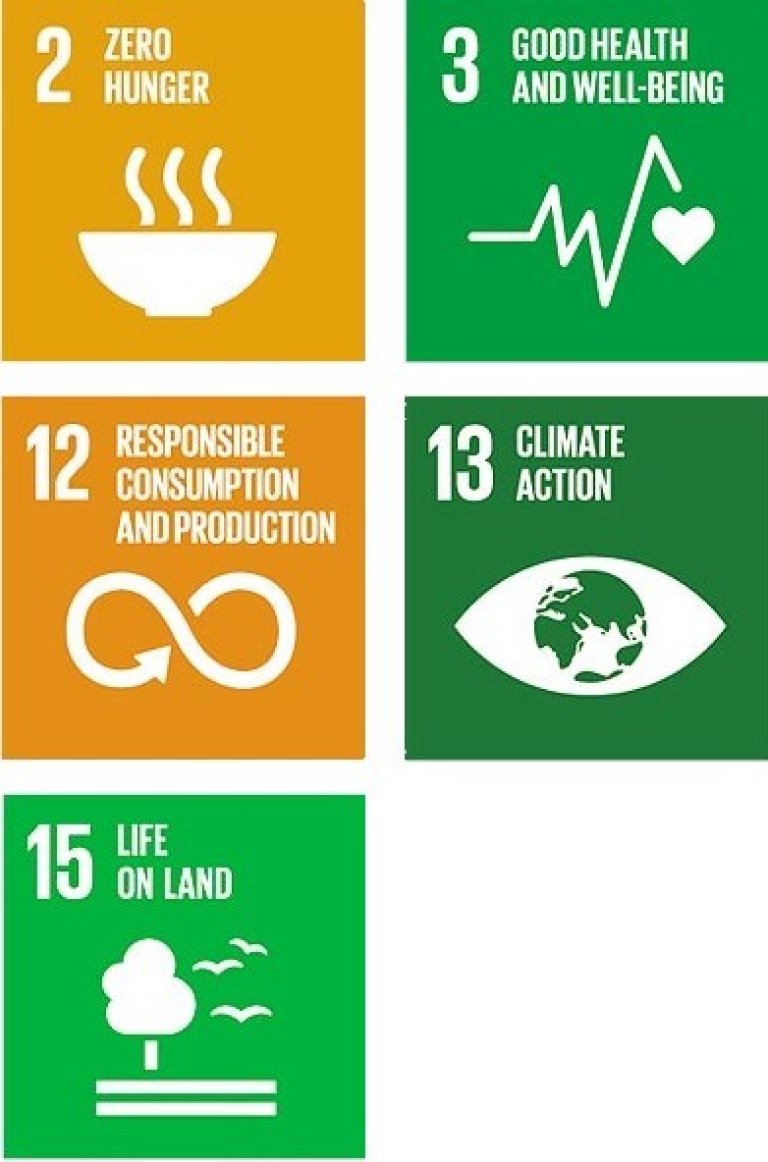Division of Environment and Natural Resources
AgroComposit

End: dec 2026
Start: dec 2023
AgroComposit: Biochar-compost composites for supporting site-specific soil agro-ecosystem functions and climate change mitigation
Partners
NIBIO
NIBIO aims to study the potential valorisation of wastes of Norwegian origin by co-composting fish sludge with waste-derived biochar to improve both the composting process and the fertilization performance of these agricultural amendments. The resulting composite will be tested in a multi-year pot experiment in a Norwegian sandy soil to assess the cumulative effects from the annual addition of these additives on crops and soil properties as well as on greenhouse gas-emissions. The efficacy of the composite as a soil improver will be assessed in a small-plot field demonstration as well.
Biosystem AS
With close cooperation with NIBIO, Biosystem As will upscale the composting from the laboratory to the pilot scale to showcase the applicability of the technology as an alternative solution to fish sludge handling.
Budapest University of Technology and Economics (BME)
BME is the leader of the project. As all the partner countries, they will produce biochar-compost composites, and implement both microcosm and pot experiments in addition to testing the biochar-compost composites in several cropping systems. They will also coordinate the establishment of a database including the biochars, organic wastes and composite products from all partner countries while also leading a complex Environmental Risk Assessment study. in the framework of the project, the Hungarian partners plan to develop a Living Lab in Hungary.
Centre for Agricultural Research, Hungarian Research Network (HUN-REN TAKI)
The Centre for Agricultural Research in Hungary will implement pot and field experiments investigating the composite soil amendments modelling different cropping systems and drought conditions.
Agroscope
Agroscope will work closely together with FHNW to create a composite from biogas digestate. Agroscope will carry out a complex pot experiment with an emphasis on the nutrient cycles, plant growth and greenhouse gas emissions.
University of Applied Sciences and Arts Northwestern Switzerland (FHNW)
FHNW will coordinate its work with Agroscope and will mainly be responsible for the Life Cycle assessment (LCA) and cost-effectiveness assessments besides participating in the composite development.

| Start - end date | 15.12.2023 - 14.12.2026 |
| Project manager | Eva Farkas |
| Division | Division of Environment and Natural Resources |
| Department | Biogeochemistry and Soil Quality |
| Partners | Biosystem AS, Budapest University of Technology and Economics, Centre, University of Applied Sciences and Arts Northwestern Switzerland for Agricultural Research, Hungarian Research Network, Agroscope, University of Applied Sciences and Arts Northwestern Switzerland (FHNW) |
| Total budget | 3.74 mill. NOK |
| Funding source | The Research Council of Norway |
Due to the increasing cost of commercial fertilizers, we need to develop solutions to supply soils with enough nutrients to maintain their fertility. Recycling nutrients from waste materials into valuable fertilizers is a key priority in sustainable agriculture.
The main objective of AgroComposit is to create a cost-effective, climate-smart composite fertilisers through co-composting locally available waste sources and by-products in each of the partner countries (e.g. fish sludge, sewage sludge, the organic fraction of municipal solid waste, biogas digestate etc.) with biochar. The biochar-compost composites will effectively improve low-quality soils and their productivity by enhancing nutrient availability, water use efficiency under drought stress, carbon sequestration, and improving biodiversity. Reduction in greenhouse gas emissions will be a further benefit.
We will not only design, produce and characterize these novel biochar-compost composite fertilizers, but also test their fertilizer value from laboratory to field in a scale-up technology development. We will also create a database from the acquired data to match certain biochars, organic wastes and low-quality soils and cropping systems to help the design of site-specific soil improvement technologies for future applications. AgroComposit will apply a Life Cycle Assessment, cost efficiency assessment and environmental risk assessment to evaluate the efficiency of the technologies and their potential drawbacks. Through thorough dissemination, we will create venues for implementing the new fertilizer technologies in agricultural applications.
The project will address five of the UN SDGs, making it a crucial step towards sustainable agricultural practices:
SDG 2 - Zero Hunger: by contributing to increased foodsecurity
SDG 3 - Good Health and Well Being: by reduced pollution by wastes
SDG 12 - Responsible Consumption and Production: by increased nutrient recycling and utilization of wastes to promote circular economy
SDG 13 - Climate Action: by mitigating emissions ofGHGs
SDG 15 - Life on Land: by increasing carbon storage in soils.
